Deep in the deserts of northwestern Saudi Arabia, a city of the future named Neom is currently under construction. This project is being promoted as one of the main components of the Kingdom of Saudi Arabia's ambitious agenda known as Vision 2030. It features a visionary heir who hopes it will develop into the world's latest hub for innovation and economic growth, driven by advancements in technology. However, beyond the promises of sustainable living and economic prosperity, deeper geopolitical and religious implications, particularly about Israel and the Jewish community, are starting to emerge.
When Neom was announced in 2017, it was seen as a groundbreaking initiative—an entire city built from scratch in the desert, defying the traditional laws of geography and urban planning. Neom is projected to span 26,000 square kilometers, bordering the Red Sea, and is intended to host a variety of advanced industries, including biotechnology, food production, entertainment, and media. Nevertheless, many view the creation of Neom as a strategic move toward expanding Israel's interests in the region, connecting back to the concept of a "New Middle East."
One of the most fascinating and contentious aspects of Neom revolves around its supposed connections to ancient biblical history. The city overlooks the biblical land of Midian, which many believe to be the site where Moses led the Israelites out of Egypt, according to the Torah. Some religious leaders in Israel have suggested that the lands surrounding Neom might be linked to the ancient kingdom of Naom, which holds spiritual significance in Israel's biblical narrative. This connection has drawn attention, with Israeli businessmen and religious leaders visiting the site and suggesting that Neom may have spiritual and prophetic importance.
Rabbi Yaakov Herzog, a prominent figure in Israel's religious community, has spoken highly of the city's proximity to what he believes is the biblical Midian. "This region is more than just a geographic location—it is a place of immense spiritual and historical importance," Herzog stated in a recent interview. It is provocative and intriguing that modern Israel should take a leading role in developing a city of the future at such a historically and religiously significant location.
While some argue that the development is secular and aimed at economic growth and technological advancement, the involvement of Israeli firms and officials raises questions about the true purpose of the city. Reports indicate that Israeli companies are heavily involved in the project, particularly in the cybersecurity, data management, and energy sectors. Notably, Check Point Software, an Israeli cybersecurity giant, has been tasked with overseeing Neom's data infrastructure. Additionally, agreements have been signed with various Israeli firms specializing in solar energy technologies, aligning with Neom's goal of becoming a sustainable, green city.
Historically, the relationship between Saudi Arabia and Israel has been characterized by secret cooperation, largely based on their shared opposition to Iranian influence in the region. However, the normalization of relations between the two countries has long been complicated by the ongoing Israel-Palestine conflict. Recently, there has been a gradual yet significant shift, particularly following the Abraham Accords, which established normalized relations between Israel and several Arab nations, including the United Arab Emirates and Bahrain, paving the way for broader regional cooperation.
This burgeoning relationship was most evident with Neom. Israeli officials traveled to Saudi Arabia to discuss collaborative efforts in technological and economic spheres, among other areas related to the project's development. For many, Neom symbolizes a potential model for broader regional cooperation between Israel and Saudi Arabia, where economic ties could lead to further diplomatic breakthroughs.
The political and religious dimensions of Neom are further complicated by the personal interests of the Saudi leadership. Crown Prince Mohammed bin Salman has been an outspoken advocate for interfaith dialogue, and his Vision 2030 plan seeks to make Saudi Arabia more open to international investment and collaboration. This vision includes the potential for Neom to host religious tourism, attracting Jewish pilgrims to a region so close to Mt. Sinai, a site connected to their biblical heritage and not far from where Neom will be located.
In 2023, a film titled "Ballads of the Exodus," featuring Israeli actors explored these very biblical connections within the area. The story depicts the miraculous journey of the Israelites as they fled from Egypt, highlighting the historical significance of the region.
The project of Neom has significant religious and political implications, symbolizing Saudi Arabia’s efforts toward modernization and diversification. This initiative has the potential to transform the economic landscape of the region, putting Saudi Arabia in the spotlight for global business and technological activities. However, it raises intriguing questions: Is Neom merely a city of the future, or does it harbor deeper ambitions rooted in the past?
As Neom progresses, the world is keenly observing whether its success will hinge on technological innovations or the complex web of political and religious connections that underpin its creation. One thing is clear: Neom represents much more than just a city; it is a symbol of how the Middle East, especially Saudi Arabia, is striving to redesign its future while reflecting on its historical legacies.
---
The author is a journalism student at Leeds Beckett University, England.
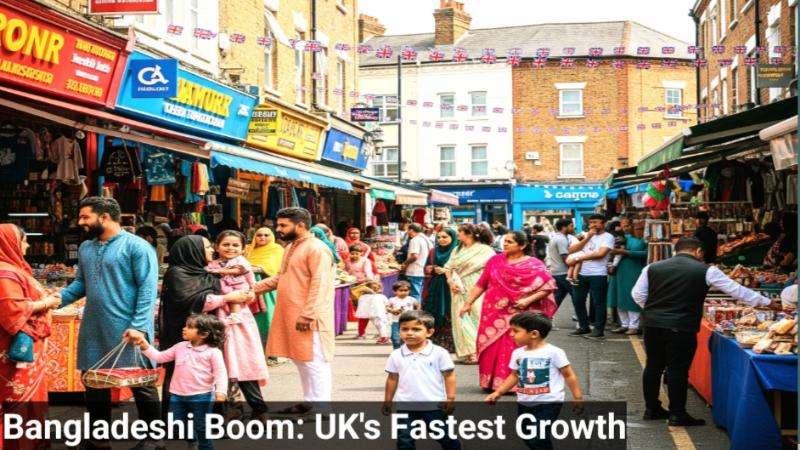
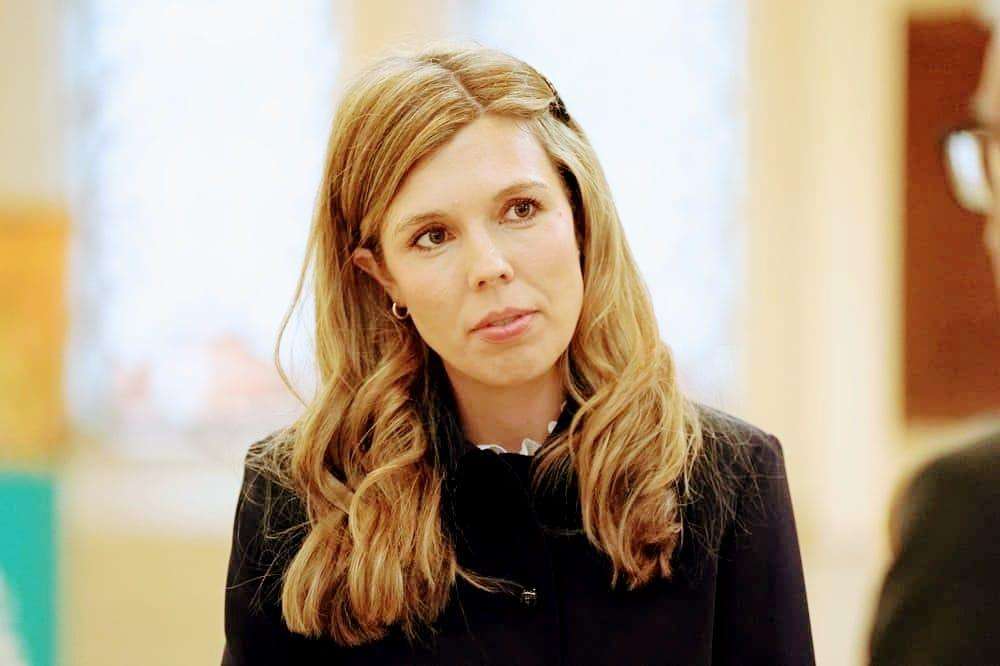
_3.jpg)
_3.jpg)



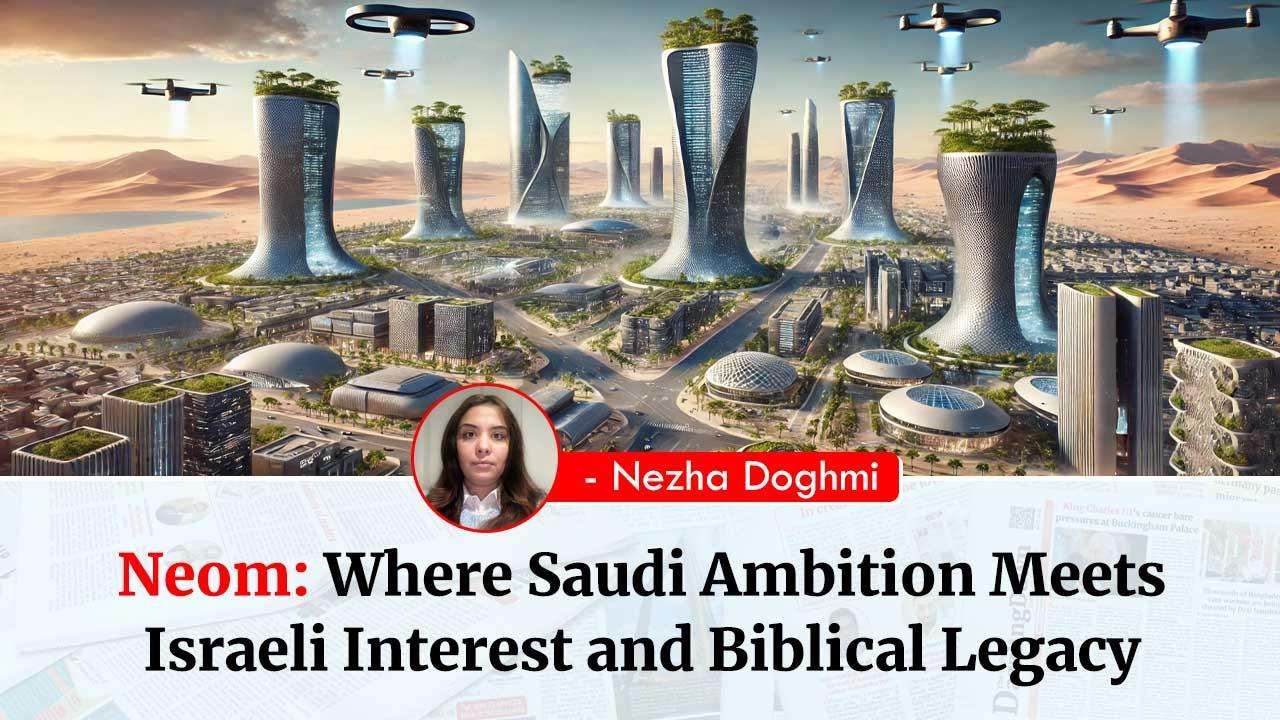
.svg)

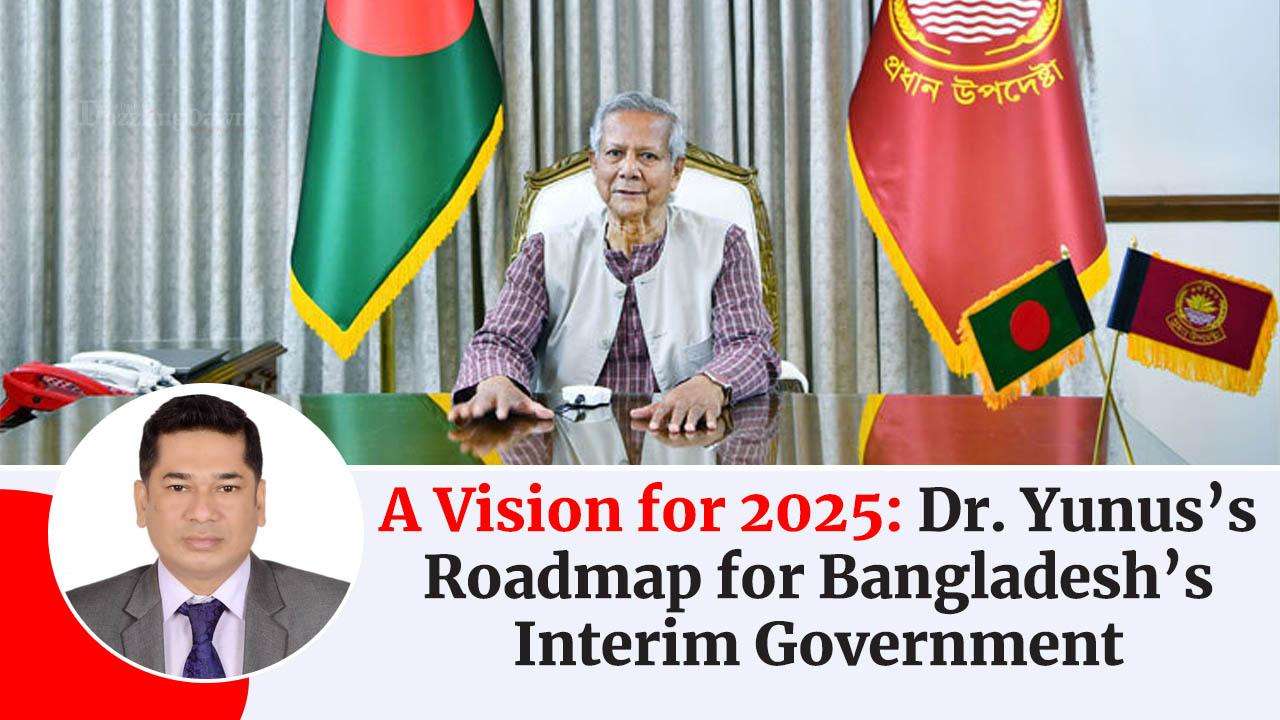
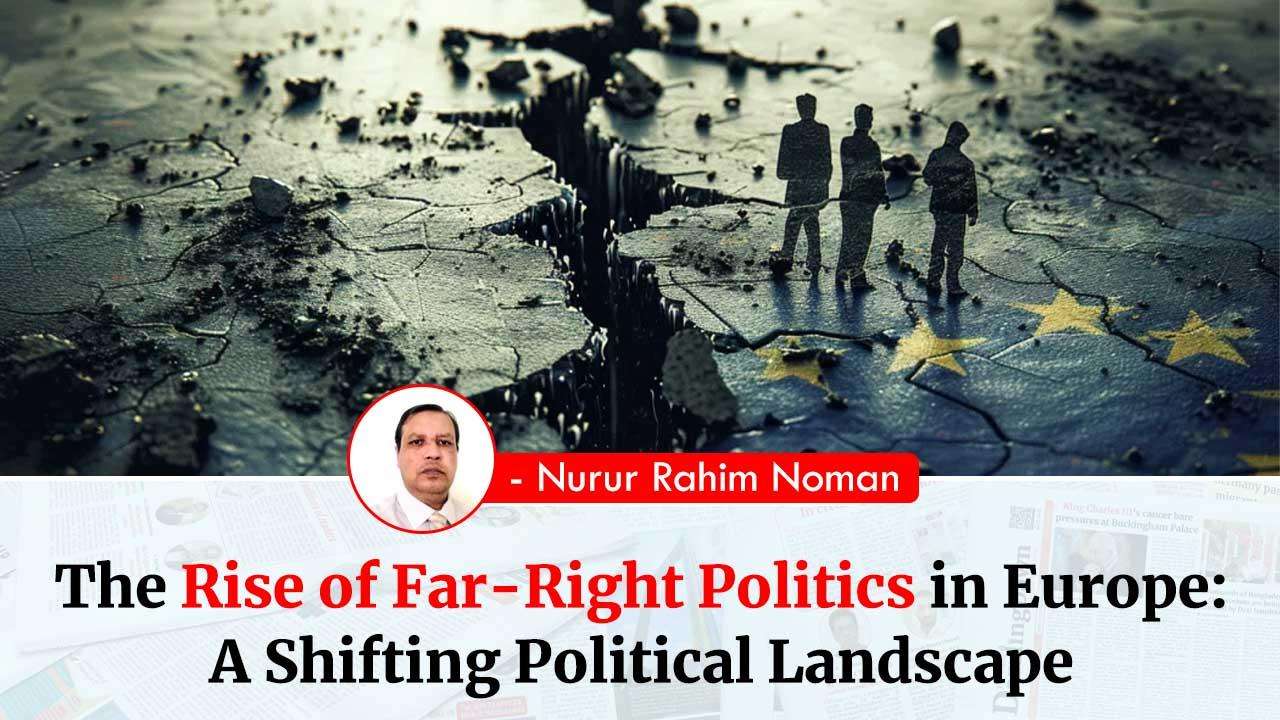
_2.jpg)
_3.jpg)